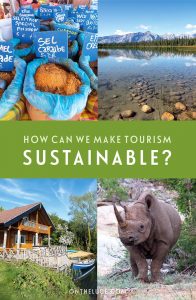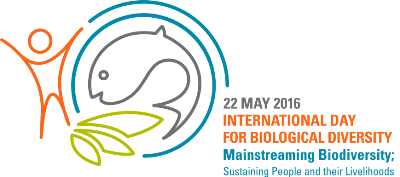 Every year on June 2nd is the World Day for Responsible Tourism.
Every year on June 2nd is the World Day for Responsible Tourism.
This year’s theme (9° edition of the World Day for Responsible Tourism) is communication and marketing.
Sustainable tourism should become mandatory, experts say. Yet many non-profit organizations and NGOs denounce the green-washing of the big multinational corporations of the tourism.
There is a big difference between being green and doing greenwashing. In the first case, the attention to the environmental impact guide business decisions. Greenwashing is rather in surface: it is deceptive advertising trying to make people believe that there is an attention to the environment, when in fact these factors are ignored (almost) entirely.
From GreenWashing to GreenMarketing
How should we communicate responsible tourism? What are stereotypes using words like sustainable tourism?
In the conference held in Paris today, on the occasion of the 9th edition of the World Day dedicated to the Responsible Tourism, there are over 200 international experts, as Rachel Dodds (Professor at Ryerson University – Canada), Jean-François Rial (president of the association Voyageurs du Monde), or Agnes Rambaud.
On the one hand is growing awareness of travelers, who are increasingly interested in the impact of their travel on the environment, the places and local economies. But at the same time the major tourism companies promote their tourism products by promoting them in ecological key although they are not really using formulas misleading green marketing.
This year’s conference will focus the attention on the opportunities and limitations of Greenmarketing in tourism, trying to shed light on how best to communicate the commitment of tourism on the environment.
 2017 Theme: “Our oceans, our future”
2017 Theme: “Our oceans, our future”